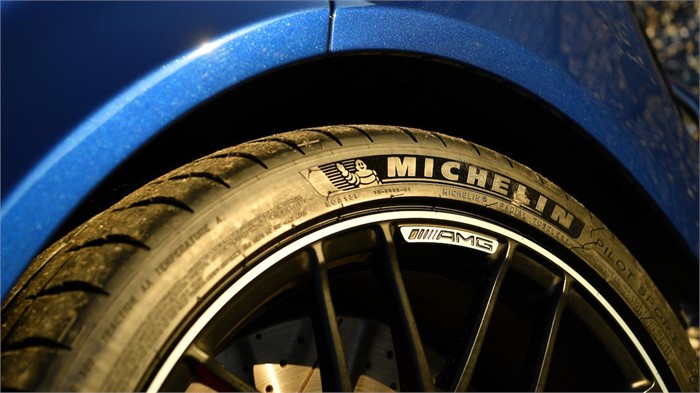Europe’s largest motoring association, Germany’s ADAC, recently evaluated the performance and wear characteristics of nearly 100 summer and winter tyres from 15 manufacturers. The goal of the study was to quantify the tyres’ impact on the environment, among other things.
The resulting report cross-referenced the tyres’ tread life against their real-world performance in order to determine whether there are any trade-offs with more environmentally friendly tyres that generate fewer TRWP (tyre and road wear particles) as the road surface abrades their rubber compounds. According to Michelin, its tyres produced very low levels of particulates in nearly all sizes and tread patterns, while also performing strongly in safety tests.
“It is imperative. . . to emphasise not only tyre performance in driving conditions, but also the environmental behavior of a tyre in particular,” the report states. “Michelin is one of the few tyre manufacturers to have recognised this need and has specifically geared its tyre development towards this.”
A 15K Trial
ADAC’s comprehensive test put the tyres through 15,000 kilometres (9,320 miles) of driving on urban, country, and highway roads. The test vehicles drove in wet and dry conditions, as well as in snow where appropriate.
The tyres’ tread depth when new was logged and compared with the amount of material they shed over the course of the test. This revealed the various tyres’ abrasion rates and expected lifespan, or the amount of mileage they would provide before reaching their wear limits. Along with the particles released from each tyre while driving, the TRWP calculations also factored in particles of sand, soil, leaf residue, water, and other substances on the road generated by contact with the tyres.
Michelin says that its tyres “in almost every case. . . emerged on top for low particulate levels,” and averaged 90 grams (3.2 ounces) of tire abrasion per 1,000 km (621 mi) driven. The manufacturer’s Cross Climate+ tyre (185/65 R15) had the lowest abrasion rate in the entire test at 58 g (2 oz) per 1,000 km. Michelin said its tyres “also performed consistently well in all safety tests, wet and dry, even when worn.”
From Heavy Trucks To Motorcycles
Headquartered in Clermont-Ferrand, France, Michelin manufactures commercial tyres across all markets. The company designs its tyres to maintain their performance from new on down to the wear limits on their tread, and estimates that if every car in Europe had tyres of Michelin’s quality, it could save 6.6 million tonnes (7.3 million U.S. tons) of carbon dioxide each year.
Source: Michelin
